Unsuccessful attempts at reform and the growth of private schools are hurting underprivileged families.
Rabat, Morocco – Overcrowding, the lack of an efficient strategy and poor administration are harming public schools in Morocco and diminishing the opportunities available to underprivileged children, experts, teachers and students have told Al Jazeera.
The crisis in the education sector comes despite repeated efforts by successive governments to reform the archaic system.
Meanwhile, social disparity is widening with the growth of private schools as higher-income families increasingly opt to pay for better services, threatening those who rely on free and quality education.
Despite high tuition costs, the number of those shifting from public to private schools soared from 4 percent in 1999 to 15 percent in 2015.
A World Economic Forum report in 2015 placed Morocco at 101 out of 140 countries in a quality of education index.
According to a 2014 Unesco report, Morocco was ranked among the 21 worst countries in the field of education, with more than half of students in public schools failing to acquire necessary reading and maths skills.
It has become very difficult for students at public schools to pursue a decent career.
ANAS MRABTI, HIGH SCHOOL STUDENT
Morocco’s King Mohammed VI has highlighted the dire situation on several occasions.
«The education system faces many difficulties and problems especially due to adopting some programmes and educational curricula, which do not suit the requirements of the labour market,» King Mohammed said in a speech on August 20, 2013.
«The current situation in the education and training sectors requires an assessment process that measures achievements and identifies the weaknesses and imbalances,» he added.
Anas Mrabti, a high school student at a public school in Rabat, expressed concern over the future of underprivileged pupils.
«It has become very difficult for students at public schools to pursue a decent career,» he told Al Jazeera. «The majority of students at public schools come from poor families, who cannot afford to send their kids to private schools. The dilemma is that there is a big gap between the public and private schools in terms of quality education and services.»
He added that financial disparities could affect higher education.
«Students from public schools find it very difficult to compete with students from private schools to access reputable institutions and universities. Parents normally send their kids to private schools because they know that those schools can earn their kids higher marks,» he said.
Because privately-educated children usually attain better grades, it becomes «very difficult for students from public schools to … access major universities and institutions,» said the student.
‘Students not equipped’
In recent years, successive governments have tried to implement structural adjustments to increase access to education and improve the education system’s performance, the latest of which is the Council of Education’s «Strategic Vision for the Reform of the Moroccan School».
This strategy was first implemented in 2015 and is expected to continue until 2030.
But so far, there have been few solutions.
According to Mohammed, a headmaster of a public school in Tetouan who declined to give his last name, «the educational field has been suffering for a while from the gap between theory and practice, and of the gap between ideas and application».
He told Al Jazeera: «Students are not equipped with the practical skills they need to integrate them into the job market.
«Our public schools are like buildings lacking pillars that keep them standing. Any major reform bid needs to transform goals into practical solutions.»
An academic researcher, who preferred not to give his name, agreed that the Ministry of Education’s previous and current attempts at reform were superficial.
«All reform attempts were inspired by Western models that do not take into consideration the possibility of application, and whether the country is ready to apply such reforms on ground.
«The country has its own identity and characteristics. The setup of any effective reform plan can only be achieved through a participatory approach that should include academics, educational syndicates, researchers and trainers.
«Securing logistics and funding are not enough to ensure good educational quality. Public schools used to enjoy a good reputation in the past, and the authorities in this country should restore that dignity by finding solutions for such a vital sector.»
Mohamed Jouji, a retired father who has two daughters in private schools, said Morocco is far from achieving its goals in the public education sector.
«The issues are mainly school dropouts, weak numbers of schooling in the rural world, the high illiteracy rate, and the deterioration of educational performance,» Jouji told Al Jazeera.
The end of free education?
Another headache added to the Moroccan burden is a new draft bill introduced by the government, which aims at putting an end to free education in the kingdom.
The bill proposes that preschool, primary and secondary education should remain free of charge for all Moroccans, but suggests registration fees for high schools and universities for middle and high-income families.
The draft law has angered parents and education syndicates, who consider the move a violation of Moroccan citizens’ right to free education.
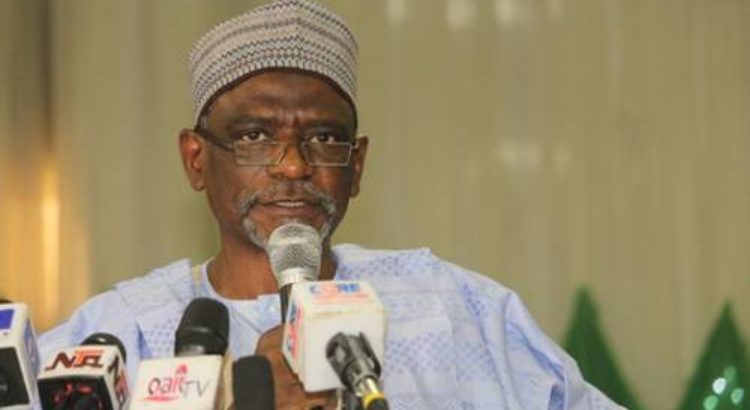
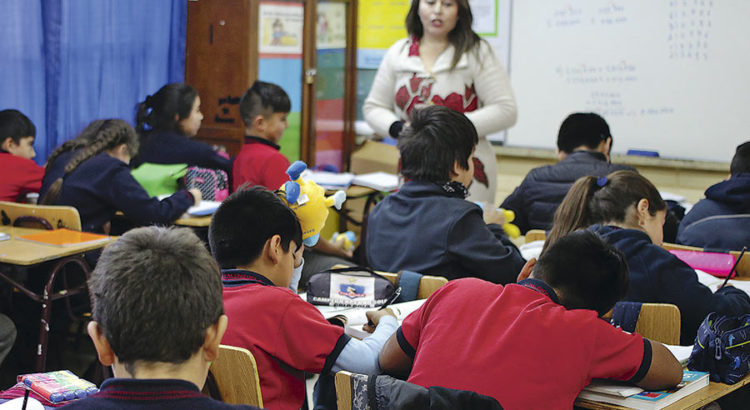
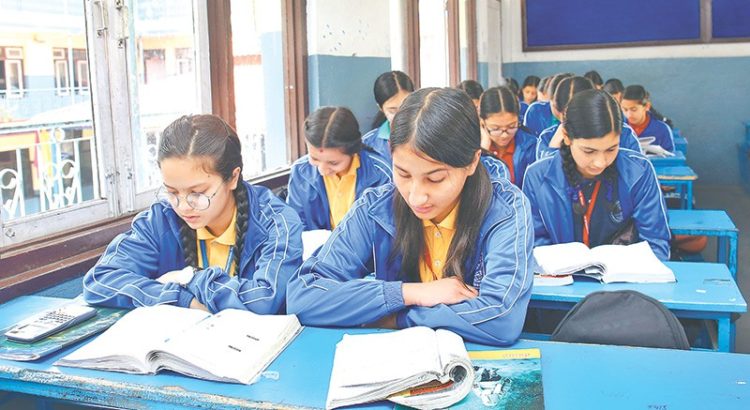

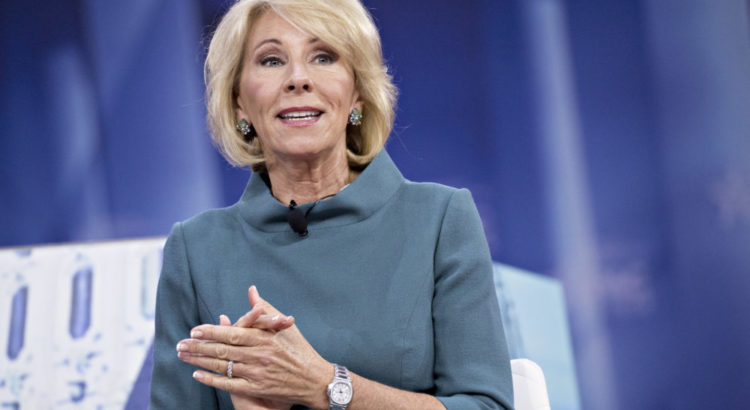
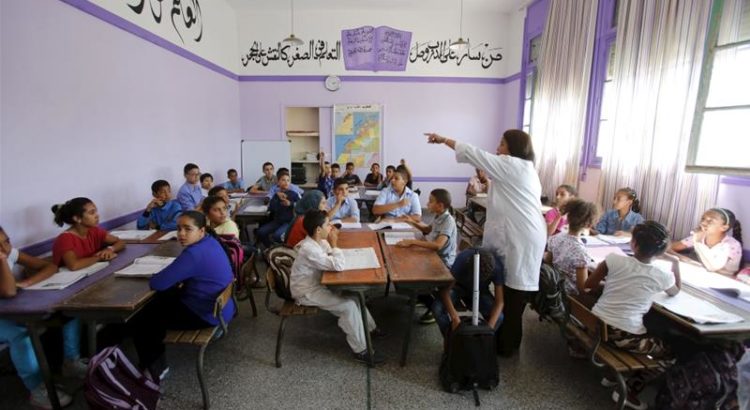
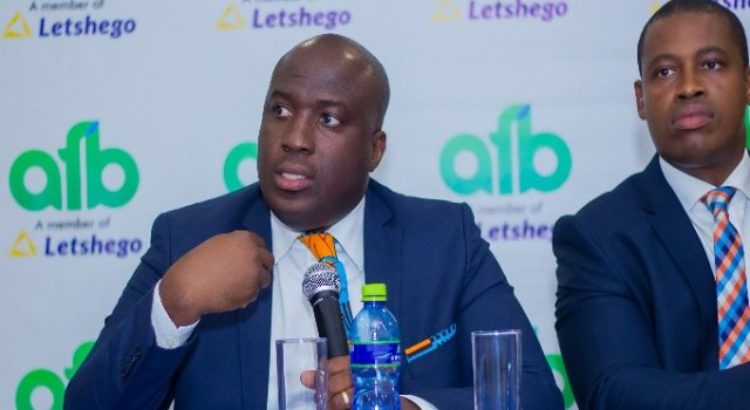





 Users Today : 50
Users Today : 50 Total Users : 35403388
Total Users : 35403388 Views Today : 57
Views Today : 57 Total views : 3332683
Total views : 3332683